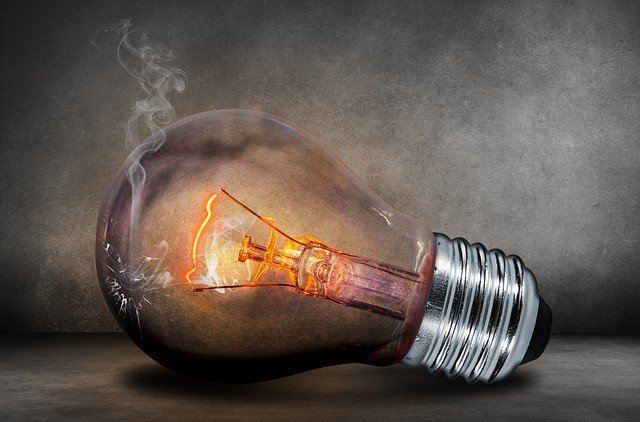What are Energy Sources?
Inexhaustible energy sources, which are an alternative to the energy sources consumed in the world, will be the most talked about energy types in the next 100 years!
Energy; Ability to operate an object or system. It has many different forms. Energy resources in the world are divided into two; inexhaustible and non-renewable renewable energy. Therefore, the future of the world depends on alternative energy sources. The use of fossil waste poses a threat to the environment and the rise of global warming reveals the importance of renewable energy sources.
Renewable energy sources
Renewable energy sources; Natural resources that constantly renew themselves and are not in danger of disappearing in the nature of nature. Water, solar, wind, wave and tidal energies are examples of these sources. Countries with these resources have low energy dependence and high employment.

Types of Ballpoint Energy
Hydroelectric power: Hydroelectric energy is called hydro by the rivers formed by rivers made of rain or snow waters. It is the type of energy obtained by water flow. Hydroelectric power plants generate electricity from hydraulic energy. It is a clean and natural energy source. Turbines rotating in dams provide energy production by means of generators connected to turbines. 5 to 10 percent of the world's energy needs are met by hydroelectric sources.
The disadvantages of this energy source are non-pollutant, non-dependent and have the advantages of use for irrigation and flood prevention; For a long time, it will be built for high investment cost. The world's first hydroelectric power plant was founded on October 1, 1881, on the Wey River in England.
Solar energy: The source of all renewable energies, solar energy, endless, clean and natural energy source. Total energy born in one second from the sun is a multiple of the total energy production in the world. A third of the world's solar energy returns to space. Solar energy is a rich source of energy, a popular energy source in the world.
Wind energy: After the hydroelectric energy, wind energy, the second most efficient energy source, is obtained with the help of wind turbines. These turbines are easy to install and do not create environmental pollution. It is often built away from residential areas as it may cause noise pollution. Denmark is the world's leading country for wind power generation and systems.
Wave energy: It is called the energy of waves that occur in large water bodies such as ocean and sea. It is an energy source associated with the magnitude and frequency of the waves. Due to its high efficiency it is considered as one of the renewable energy sources. These resources, where very large energy is emerging, cannot be used sufficiently because of costly research and difficulties in installation. It has an important place among alternative energy sources.
Tidal energy: A kind of energy derived from tidal or ocean flow. It is the process of converting the kinetic or potential energy of displaced water bodies into electrical energy. Electricity is usually produced by using the turbines, by closing the wells and by pulling the water and by using the difference in height after the water is noticed. 80% of the potential energy of water is converted into electrical energy systems. Electricity can be produced with higher efficiency than alternative energy sources such as solar energy.
Do you know these?
33.1 percent of the world's electricity production is made up of oil, 30.3 percent is coal, 23.7 percent is natural gas, 8 percent is hydraulic and 5 percent is renewable energy.
As of 2016, a total of 78 591 MW of electric power in Turkey. Total number of power generating plants is 2 thousand 269.
Thomas Edison is a pioneer of renewable energy and green technology. At the end of the 19th century, homes worked in various ways to develop electric cars that would work with wind turbines and rechargeable batteries.
Future energy sources; space-based solar systems, energy based on human power (piezoelectric), hydrogen energy, magma energy, nuclear garbage energy, algal energy, flying wind turbine energy, fusion energy
Ir Electromagnetic energy beam or beam electromagnetic radiation ”is called elekt electromagnetic energy“. These energy sources; Gamma rays, x rays, ultraviolet light, visible light (red, orange, yellow, green, blue, indigo, purple), infrared light, microwaves, radio and television signals, long wave radiation, temperature g
Specific examples of electrical energy include; Electric current produced by alternating current (AC), direct current (DC), lightning, batteries, capacitors
Posted from my blog with SteemPress : https://blueblogs.000webhostapp.com/2018/09/what-are-energy-sources
@inowi, I gave you a vote!
If you follow me, I will also follow you in return!